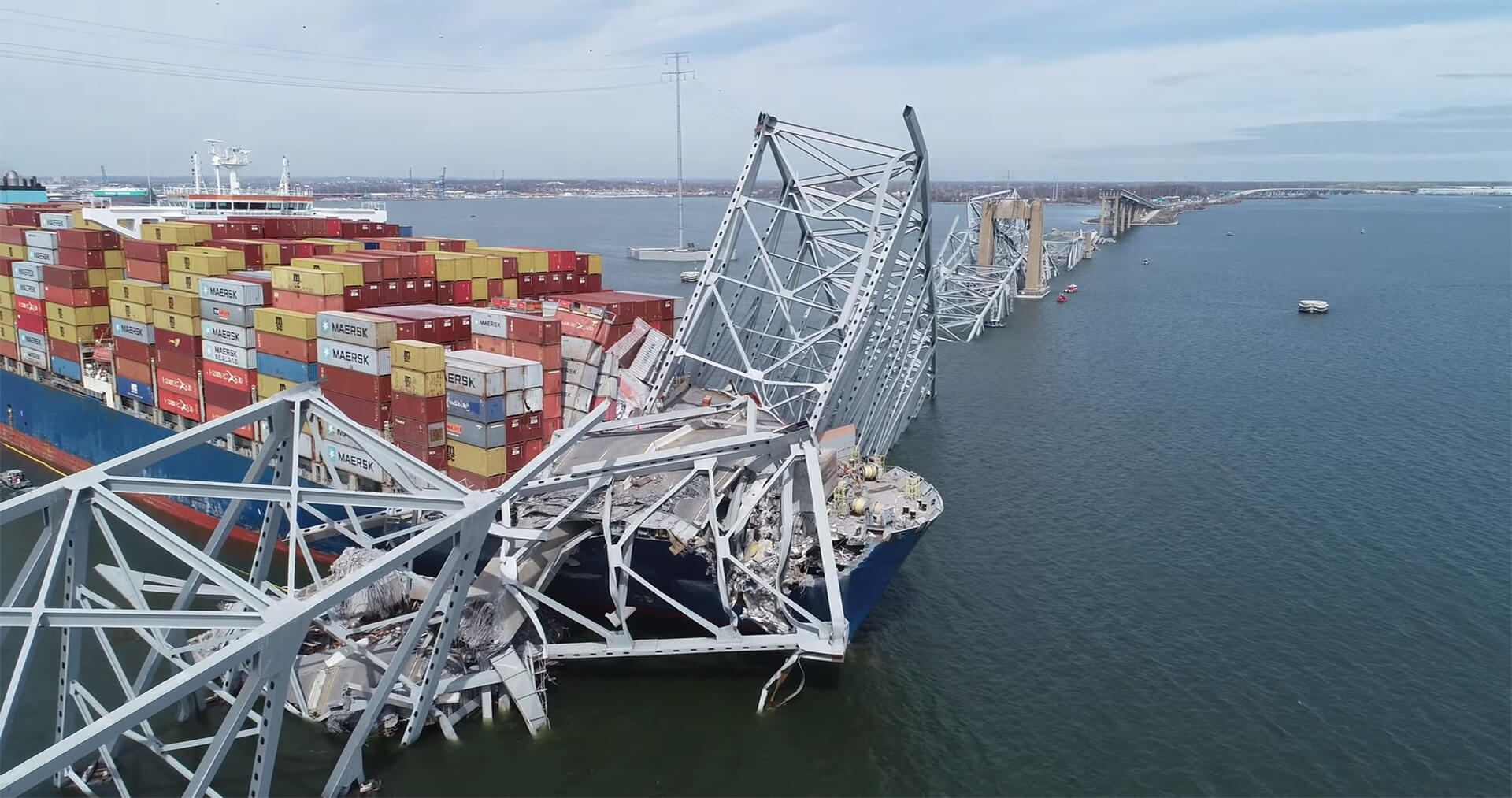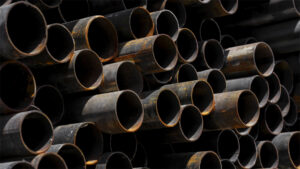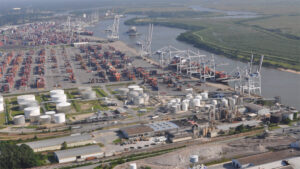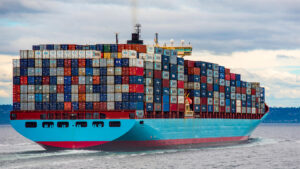At this point, we’ve all heard about the Francis Scott Key Bridge Collapsing in Baltimore on March 26. While it may seem like this should drastically impact American shipping, I’m really not worried about it…
Before this catastrophe, I was convinced that the Jones Act hadn’t done anything good for America. However, I can now say that the Jones Act has one redeeming quality – since cargo transport on American waterways has drastically fallen since the Jones Act was introduced, the fallout of this bridge collapse won’t be as bad as it could have been. That’s a positive, right?
In a world without the Jones Act, natural port systems like the Chesapeake Bay would be teeming with manufacturing and short-haul shipping. I’m not convinced the prevention of some immediate disruptions is worth utterly stifling economic growth, but hey, I’ll let the policymakers come to their own conclusions.
Here at Zeihan On Geopolitics we select a single charity to sponsor. We have two criteria:
First, we look across the world and use our skill sets to identify where the needs are most acute. Second, we look for an institution with preexisting networks for both materials gathering and aid distribution. That way we know every cent of our donation is not simply going directly to where help is needed most, but our donations serve as a force multiplier for a system already in existence. Then we give what we can.
Today, our chosen charity is a group called Medshare, which provides emergency medical services to communities in need, with a very heavy emphasis on locations facing acute crises. Medshare operates right in the thick of it. Until future notice, every cent we earn from every book we sell in every format through every retailer is going to Medshare’s Ukraine fund.
And then there’s you.
Our newsletters and videologues are not only free, they will always be free. We also will never share your contact information with anyone. All we ask is that if you find one of our releases in any way useful, that you make a donation to Medshare. Over one third of Ukraine’s pre-war population has either been forced from their homes, kidnapped and shipped to Russia, or is trying to survive in occupied lands. This is our way to help who we can. Please, join us.
TranscripT
Hey, everybody. Peter Zeihan here, coming to you from Colorado. several of you have written into the Ask Peter forum asking why I haven’t had anything to say about the falling of the Francis Scott Key Bridge in Baltimore back on the 26th of March. the idea is, you know, this is controlling the mouth of the Chesapeake. And shouldn’t this be a big issue, considering how gung ho I am about water transport?
It’s about 1/12 the cost to move things by water that it takes to move them by truck. And so you would think that seeing an interruption in one of America’s greatest ports would be a problem. it should. It really should, but it’s not. So let me give you the backstory. first of all, the Chesapeake is the world’s greatest natural port system.
It has more miles of frontage that can be used for ports than any other part of the world, with the possible exception of the Texas coast. And even that’s a tight race. It’s in the Mid-Atlantic, so it’s the midpoint going north south on the American East coast. For the parts that are densely populated from roughly Atlanta all the way up to Boston.
And it has access to what used to be the national road through the Cumberland Gap, getting into the Ohio River Valley. So it should, should, should be a crossroads of the greatest manufacturing zone on the planet. it is not because of something called the Jones Act, which was a program passed in 1920 that was designed to keep jobs within the American system.
that says that any maritime vehicle, any ship, the transport, any goods, between any two American ports must be American built, owned, captained and crewed. And as a result of having that restriction on maritime transport, but not on truck transport or air transport or rail transport, people stopped using the river ways completely. And we’ve seen cargo on America’s waterways dropped by over 99% in the century since.
And so we’ve taken what is honestly the greatest natural gift that God could have possibly given to any culture and destroyed it. the United States has roughly 3000 miles of naturally navigable, interconnected waterways, and we hardly use them at all anymore. We certainly don’t use them with small ships. we should, should, should, should, should have thousands of tiny ships carrying a handful of containers here and there throughout the system, making our own multimodal manufacturing system that is the world’s most efficient.
Instead, we move half of our cargo by truck, which is the most expensive way to do it, which it shouldn’t work because we removed the cheapest way of doing it and then other stuff by rail. Well, because of this, our waterway networks, including the Chesapeake Bay, are barely used, and places like the Ohio River Valley and the Great Lakes system, which should be the busiest zones in the world, are barely used.
So we should have this rough pentagon of territory going from roughly Buffalo, New York, to Duluth, Minnesota, to Saint Louis, Missouri to Pittsburgh, and then with an arc going down to Baltimore that is the busiest section of waterways and the biggest manufacturing zone in the world. Instead, it’s the Rust Belt. there are many things that have caused the steel belt to become the Rust Belt, but I would argue that the Jones Act is the single biggest factor, because it raised the cost of transport among these systems and basically drove the business somewhere else.
So this should, the downing of the Francis Scott Key Bridge. This should be a really big deal. Instead, the only thing it does is interrupt a few cargo shipments coming in, container shipments, which can easily be rerouted to places like new Jersey or Savannah, as well as some internal, petroleum fuel distribution systems within the Chesapeake Bay itself so that these are non-issues.
But these are like minor rounding errors, considering how catastrophic of an event this should have been. if we had gone the other direction, we’d have an extra $10 trillion on the U.S. economy right now. Most of that in manufacturing, most of it in this zone. And then it would have been a very big deal. So I guess from a certain point of view, the Jones Act has saved us from problems by gutting our economic growth.
For the last century, the part of the United States that has suffered the most of those countries in the Midwest that border both the Great Lakes and the Ohio River Valley, so specifically Ohio and Indiana and Illinois, because these are the ones that should be at the heart of all of this, and they can’t participate in almost any of it.








